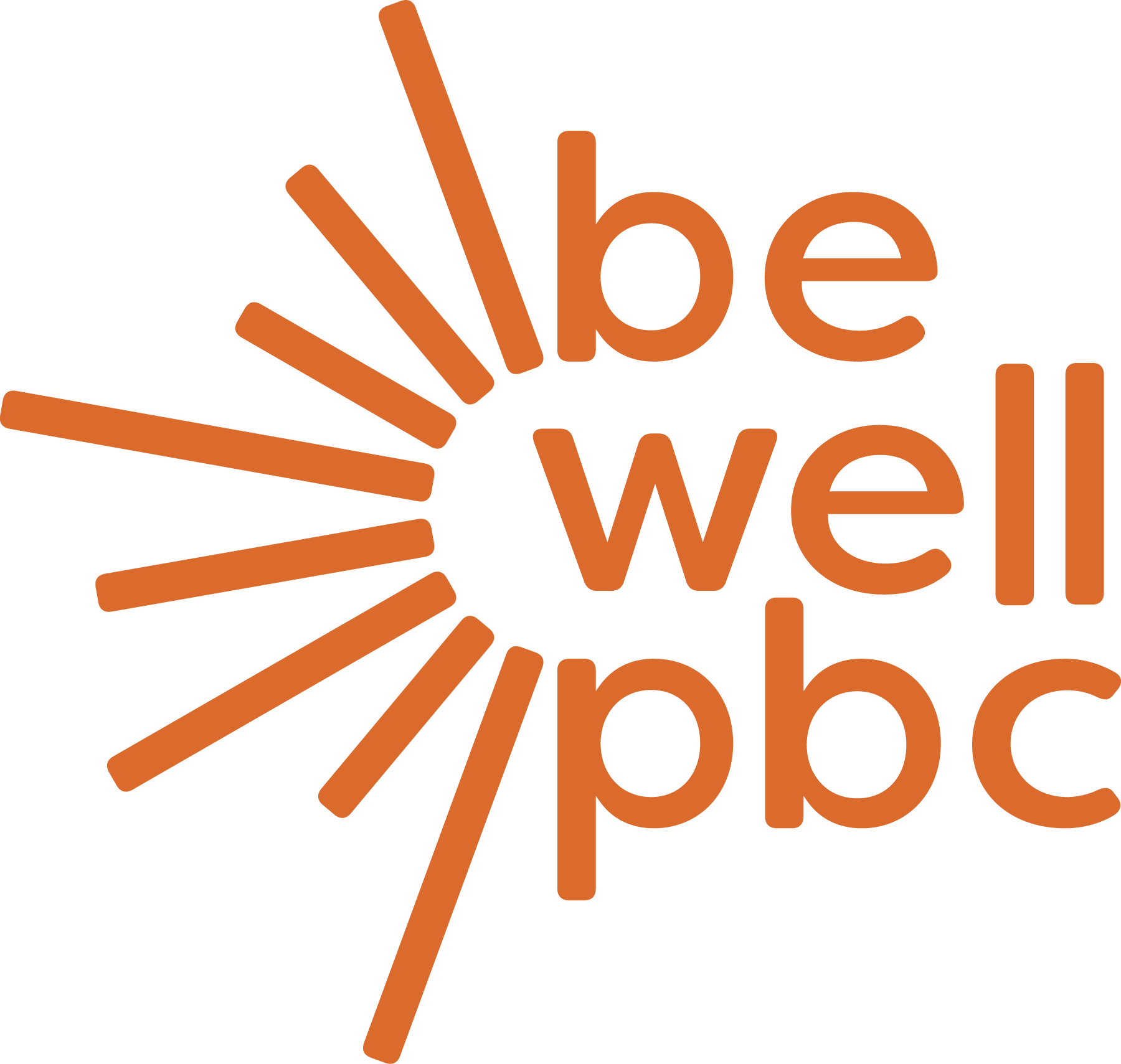In The Garden with Tabernacle
Cultivating a Garden and Relationships in WPB
Tabernacle Missionary Baptist Church’s community garden began in 2018 with a vision for fruits and vegetables to be planted and harvested by the community and distributed freely to people living in homelessness and in the food desert encompassing West Palm Beach’s Northwest Historic District. Thanks to a BeWellPBC mini-grant, the garden project, under the auspices of the church’s Outreach Ministry, has been able to grow and prosper by providing an essential and sustainable element—water. The Be Well Do Well mini-grant enabled the church to install a sprinkler system, fostering the growth of the produce and the garden’s mission to provide food security, nutrition education, and mental health respite. “The garden does so many things—it provides organic produce to feed the community and fosters relationships with the homeless by giving them a safe place to come during the day to volunteer with people of all ages as they work together in a safe and socially distanced environment,” said Karlene Stevens, outreach communications coordinator of Tabernacle Missionary Baptist Church.
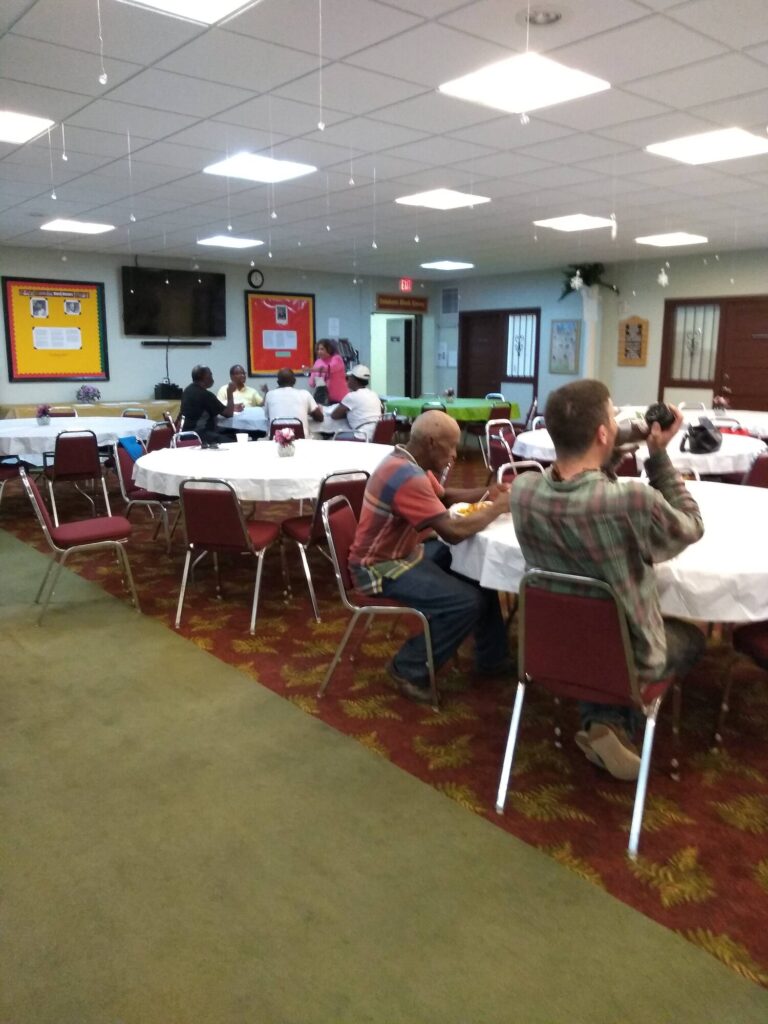
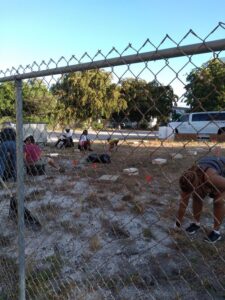
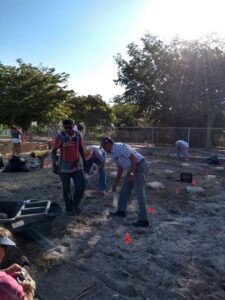
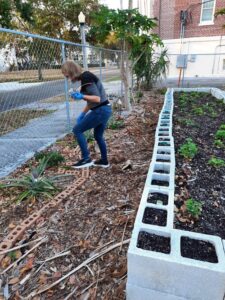
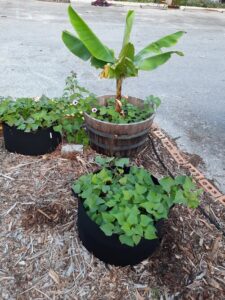
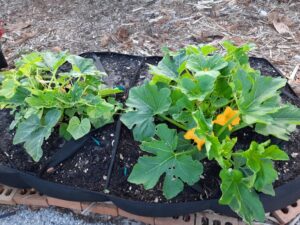
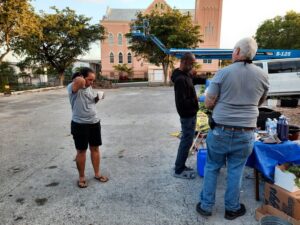
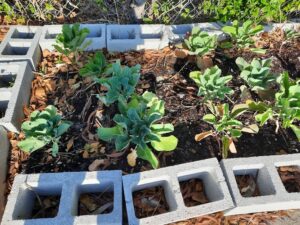
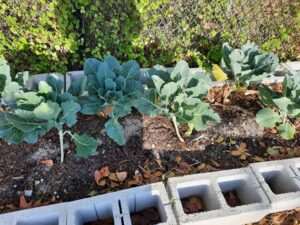
According to Stevens, thanks to the new water source the church had their best year ever with “everything going full force” and a variety of produce to offer the community, including sweet potatoes, peppers, tomatoes, cantaloupe, strawberries, herbs, eggplant, aloe, mangoes, avocados and papayas. With the sustainable water system, the number of families the church can feed has grown as well, from 15 when the garden first started, to up to 50 families each week. Every Sunday the church sets out the free produce from the garden for people to take. The hardiness of the produce is important as many of the people living in homelessness keep the food in their backpacks and others living in vulnerable communities don’t always have refrigerators at home.
As the garden grows, Stevens is looking to expand their volunteer base. Every Saturday from 7:00 a.m. to 10:00 a.m. anyone from the community is welcome to join and assist with planting, weeding and harvesting. Young children can come if they are supervised by an adult and seniors can easily participate as the vegetable beds are raised three feet from the ground. “The more people who can plant and harvest, the more food we can provide,” said Stevens.
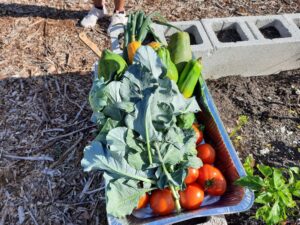
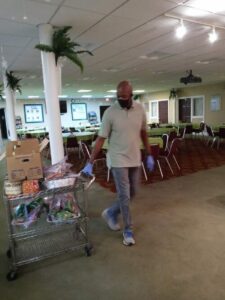
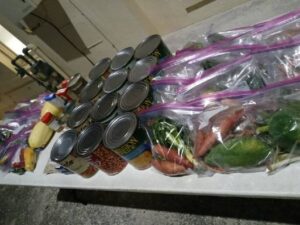
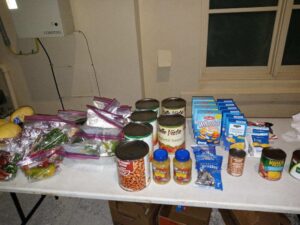
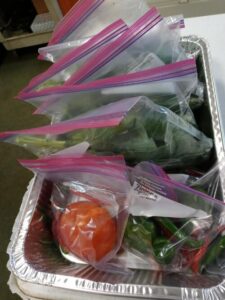
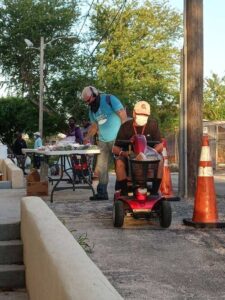
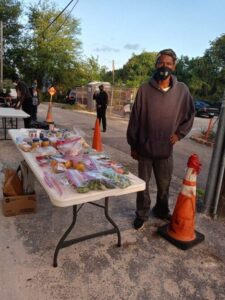
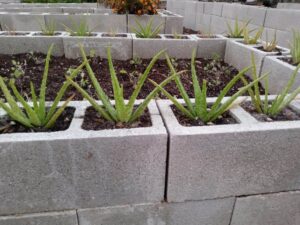
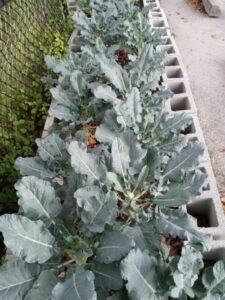
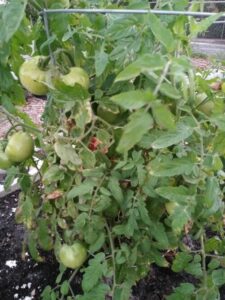
The garden has served as a starting point for other programs that nurture the community as well, including guiding people into housing programs, ensuring pregnant women receive prenatal care, and helping people gain online access to benefits and other services with the support of a case manager through “The Grace Project” (God’s Revitalization And Community Effort). Future plans and fundraising opportunities for the garden include building a children’s pavilion where the church can bring in chefs and offer educational programming on nutrition and healthy eating. “This can be a lasting, sustainable environmental project for the entire Northwest community,” said Stevens.
